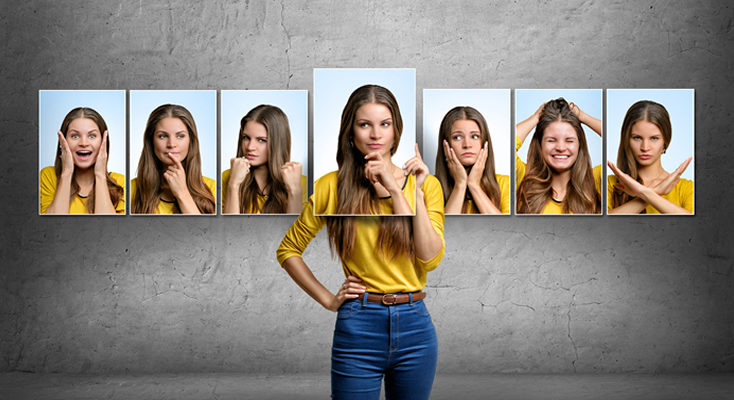Healthcare payers need to market to millennials differently than other generations, but for one who isn’t themselves a millennial—someone who spent more time with their friends on AIM than in-person as an adolescent…who owned numerous “Now That’s What I Call Music!” CDs….or who grew up watching “Boy Meet’s World,” this involves some insight into the cultural events and socio-economics that shaped their psychology and views of healthcare.
Millennials are the first high-tech generation. They were introduced to all that the internet offers at a young age, creating a deep appreciation, and even near-obsession, to the ability to find anything at anytime, and compare themselves to anyone in an instant. Raised by low-tech parents and teachers, however, they were not provided with the necessary guidance on how to properly sort through and digest this flood of available data. They were not shown how to balance digital information with the wisdom of real-world professionals.
In addition, millennials faced many catastrophic national and world events growing up that framed their point of view, from Hurricane Katrina to Earthquake Haiti to Columbine. Many were in elementary or middle school when 9/11 occurred and the war on terror began. Some remember being ushered home from school, pondering if America would be going to war, and what it meant. Their families were then faced with America’s economic recession, many battling deep financial hardship, thus filling millennial adolescents with fears of an uncertain future. Fast forward to adulthood, and they themselves are now struggling to find jobs and launch their careers.
So what does this all amount to in relation to healthcare marketing?
Millennials are STRESSED. They are the most worried generation. A great part of this stress is due to their need to bring every life experience into digital context, which often only further perpetuates their internal anxieties and fears…it’s the click-to-panic response. In fact, according to an Adult Millennials and Health study by Allidura, GSW, and Harris Poll of over 3,500 consumers, 44% of millennials say that viewing health information online causes them to worry about their health (vs. 32% of gen Xers and 24% of baby boomers) and millennials have the highest levels of anxiety, depression and social phobia than any other generation. Millennials worry more than boomers about their health, despite them often being perceived as healthier, particularly in categories like having access to doctors and medication when they need it. According to the Adult Millennials and Health study, 73% of millennials living in urban areas say that they worry about having access to necessary healthcare. At the same time, they realize the impact of this mental stress on their physical health, and actively seek out counseling and psychiatric services, with 35% believing that seeing a therapist or psychiatrist regularly is essential or at least important to lead a healthy lifestyle. Millennials understand that mind and body are connected, and 97% rank happiness as one of the most important components to their health and well-being.
How can health insurers address this worrisome generation thirsting for holistic health? By delivering personal value and appealing to emotion through cultural relevancy.
Millennials seek to live a life of purpose and meaning, and are drawn to brands that can build an emotional connection with them and bring them into cause-driven communities. They appreciate brands that provide just-for-them value and convenience, with experiences that support their individual approaches to learning about and managing their health. They look for experiences that merge traditional healthcare delivery with their personal wellness initiatives, such as the trial of high-profile cleanses or food trends, trending exercises and social connectivity. They want a healthcare plan that understands what health means to them. But doing so requires building trust. A large percentage (84%) of millennials trust information from friends and family over high-profile health experts. 22% of millennials trust celebrity food product endorsements and 60% trust high-profile health experts like Dr. Oz.
Healthcare marketers should look for effective crossover programs that merge life and health…programs that tie popular millennial foods trends, cleanses, exercises, social activities, digital behaviors and community events with wellness programs, member communications and customer service initiatives. That is how trust will be built, when insurers stop presenting themselves as there only in times of sickness, and start presenting themselves as personal health and wellness optimization advisers that can help millennials cut through the digital noise and deliver a straight path to the truth.
By bringing the experiences and goals of healthcare into real-life context, payers can get millennials to rely less on digital self-diagnosis and more on a trusted relationship with their plan and providers. The result? Less stress and increased implementation of proven-effective treatment.


Comments are off this post